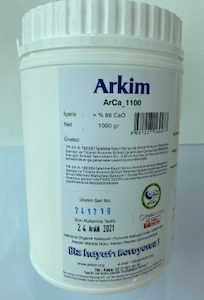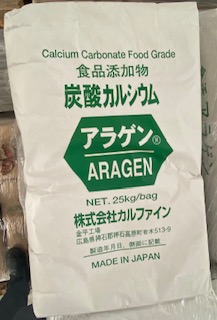Description
Wheat starch is a carbohydrate extracted from wheat, serving as a key ingredient in various food and industrial products due to its unique properties. It’s derived by removing the protein and other components from wheat flour, leaving behind a fine, off-white powder primarily composed of starch. It improves the texture of a wide range of food products by contributing to their moisture retention and structural integrity.
Our wheat starch is derived from the finest wheat and processed with advanced technology to meet the standards of purity and performance. Our wheat starch is characterized by its fine, white powder form, ensuring a pure and consistent product that delivers reliable results in various applications. We offer wheat starch in various grades and packaging options to suit specific industry needs.





